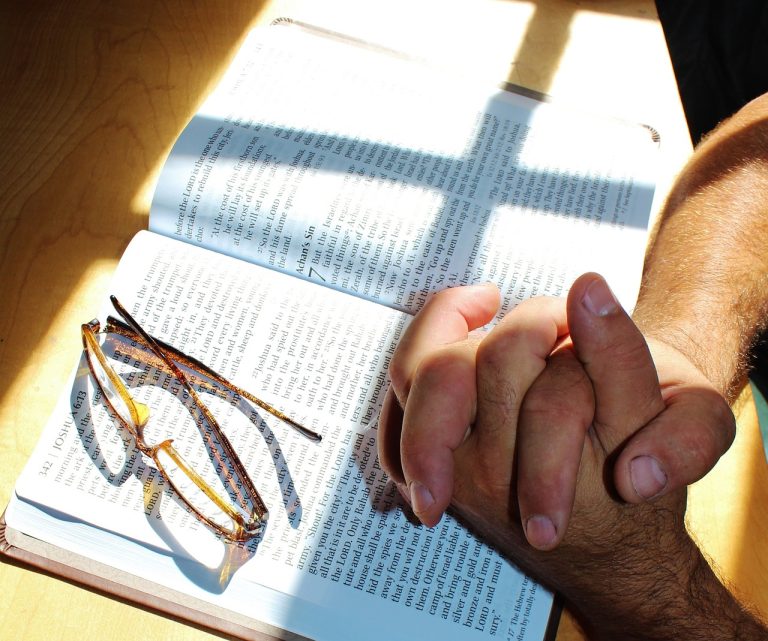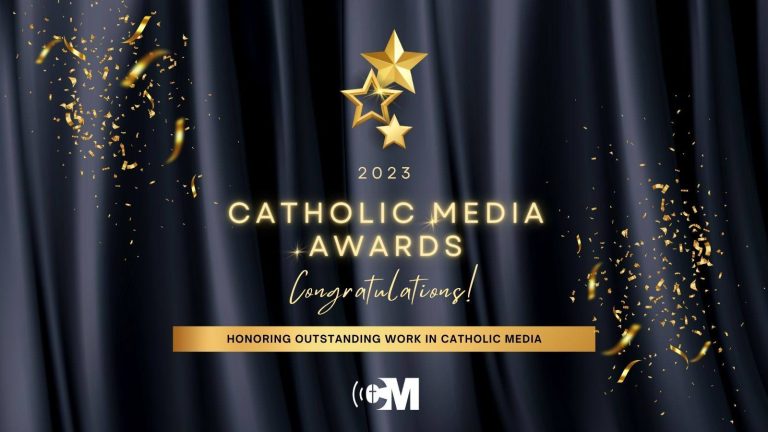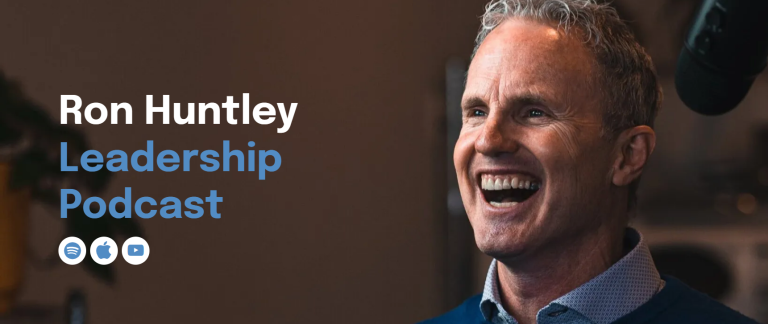Are We “Passively Despising” Our Young Adults?
Welcome back to our “Starting Conversations” series, a set of shareable articles for parish staffs, councils, and small groups. Share this prompt with your community and have a good conversation that leads to understanding, assessment, and thoughtful action for evangelizing parishes. As I am no longer a young adult, I write as a late middle aged adult to others in this article. God bless your conversation!
Currently–depending on the survey you read–40-50% of Americans in their 20s and 30s identify as “nones” (no religious affiliation). And in the typical Catholic parish in America, perhaps all of these points are true:
- Many of our parishes are top heavy with leaders, super-volunteers, and council members in the 60+ age range.
- Additionally, many of our parishes have few members from the millennial or Gen Z generation to begin with. Even those affiliated aren’t showing up at full strength.
- Finally, many of these same parishes wring their hands and say, “If only we knew how to get the young people to Mass, to be involved in Church events, service, anything!”
- In the meantime, the older parishioners that comprise the leadership offer “enrichment” that appeals to people of their generation, and on dates and times available to people who are retired.
Isn’t the problem obvious? On one hand, we’re all baptized people and have more in common than not. And I firmly believe we need to respect the wisdom and dignity of our elders in leadership. But we also have a religion with sacred scripture that says “Let no one despise you for your youth, but set the believers an example….” (1 Timothy 4:12) And in too many cases, we are passively despising our young adults for their youth. We are not listening to the religious experience or preferences of youth and young adults.
It’s tempting to solve this challenge by offering a seat at the table: a mandatory 20 or 30-something on the pastoral council, finance council, at staff meetings. But that solution comes with a real problem. If that young adult is the only one in the room, that’s not really representative. We know that it takes more than one “atypical” person within a certain group for the atypical to feel welcomed as a group, and valued as leaders in the parish.
Have you ever been the only one in whatever you are in a group? (A woman in a male-dominated profession? A man at a baby shower? An African-American in a white classroom?) Now–how did it go when they spoke to you as the representative of your atypical group?
- “Kate, why don’t more women like you roll up their sleeves and work in trades anyway?”
- “Joe, what do you think? Do men favor feeding with formula or breastmilk?”
- “Darren, from the perspective of being African American, what do you think about affirmative action?”
You may appreciate being asked. You may have no idea how to answer. But it comes with the discomfort of being the single representative of your diverse group, and underlining that everyone there sees you as different and a bit perplexing. When you are asked to speak for millions, and you’re the only one there, you are singled out as the outsider.
There needs to be more than one young adult at the table, and the solution may not be to add yet another (although that would help!). The solution may be…creating a young adult advisory council to the pastor.
What the pastor and staff need is not solved by forced generational representation. They need to listen to the young adults of the parish, and the young adults outside the parish. They need to give them a space where they can be honest about being Catholic among their peers and in a culture that snubs them for that. They need to have a space where they can articulate what they love about being a disciple of Christ in the Catholic Church as well. What they love may well not be what the elders of the parish love. I cannot tell you just how many people above a certain age truly assume that young adults should want what they wanted at their age…but it is a lot of people.
The young adult advisory council, besides enlightening the pastoral staff, could also be given some leadership decisions–not just in organizing and outreach for young adults (although obviously they should have leadership there!), but also in every other realm of Church ministry and apostolate. Ask them–once they are assured they can be honest–about the liturgical music, and whether they like incense. What kind of small group makes sense and appeals to their lives? What would make a 20-something more welcome, walking into the Church? And if they strongly agree on one answer that is an easy to implement, theologically sound improvement in parish life…frankly, you better do it. Because this is their parish too. And they need to be heard, be welcomed for who they are rather than who some want them to be, and be encouraged to walk the discipleship path in a more hostile environment than their elders did and do.
In the end, you aren’t inviting a group of young adults for 2-3 years together for advice–although you could certainly ask for advice. You’re bringing them together to get to know them, learn from them, and foster their own apostolic leadership rooted in their baptism.
If you are considering how to invite young adults more deeply (or at all) into the life of your parish, consider discussing these questions first:
- Have you ever had an experience of being the outsider in a group? Thinking back on that experience, is there anything that would have made it better?
- Have you asked a young person about what it has been like growing up Catholic in the past 20 years? If you have, what did they say?
- How willing are you (as Church) to change customs and preferences to attract young people to participation and growth in the faith?
- If a “council” isn’t the solution to listening and learning from young adults, and fostering their discipleship and leadership…what is?






